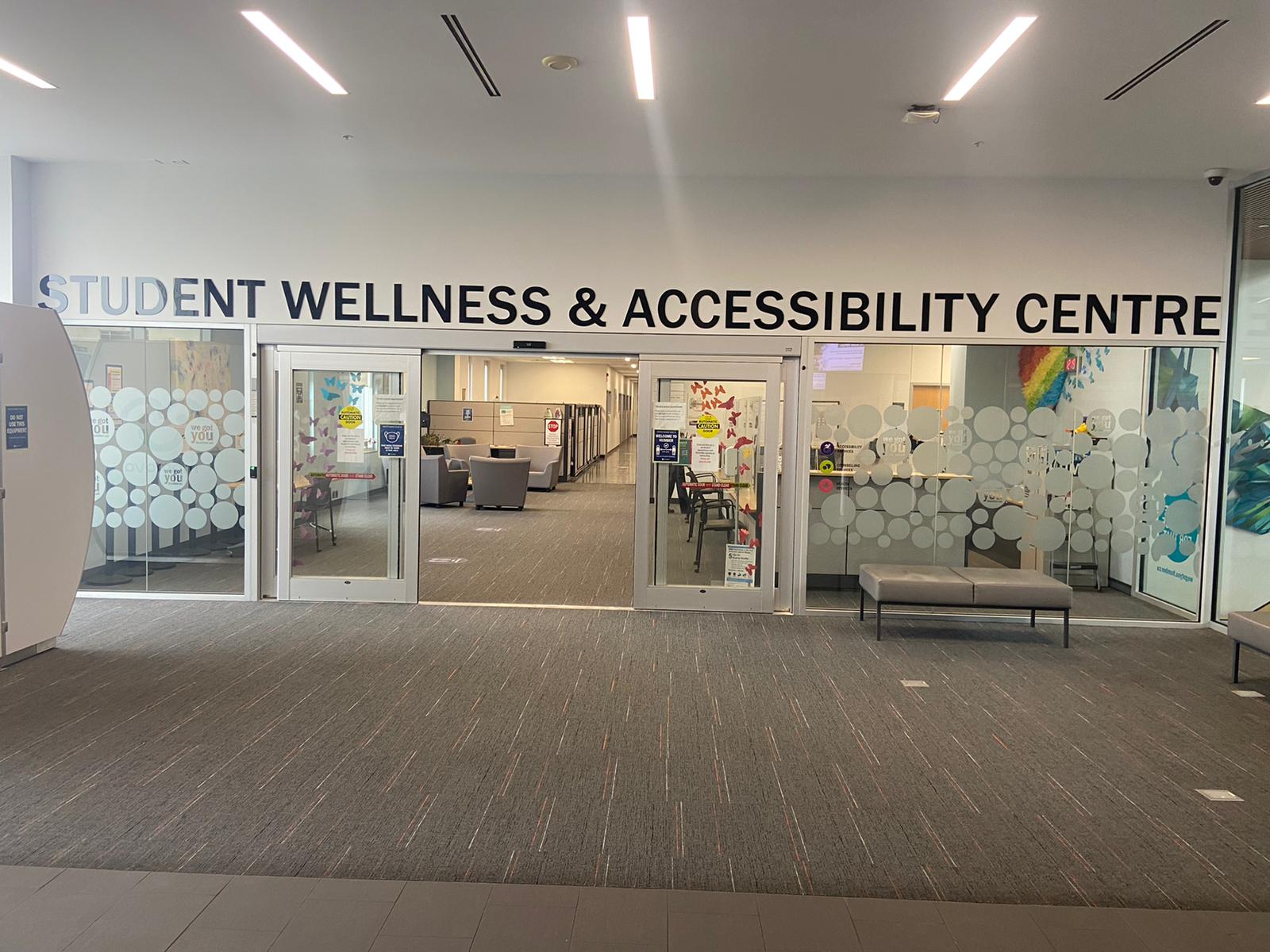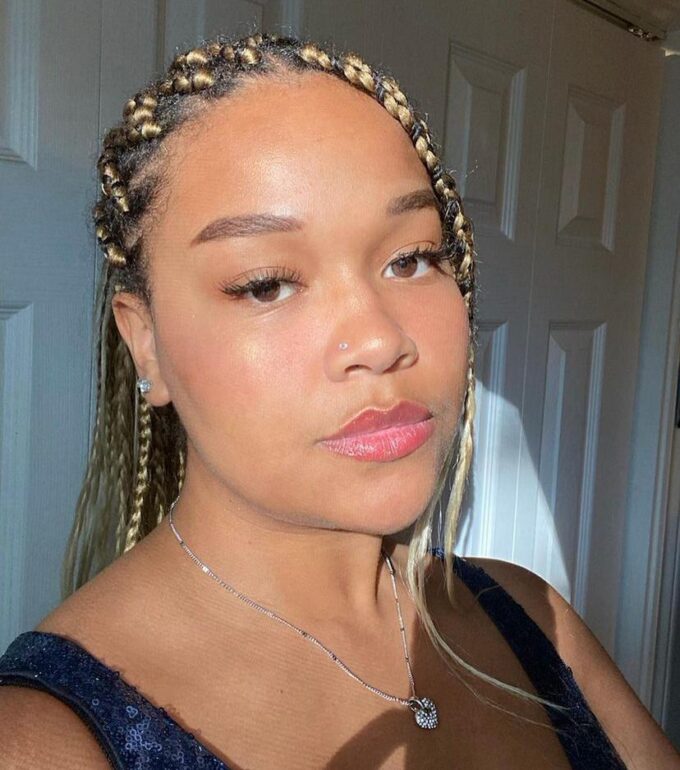Deelan Olivia Hinds says she used to have a very painful menstrual cycle.
The York University student says she would experience contractions that would cause her to faint or have difficulty breathing.
When she went to her doctor, he recommended she go on the pill.
“For a while, it did improve my periods for like a year or two. Basically, it really helped manage the cramps again, and the overall pain, but they eventually just went back to normal.”
But she says it started to affect her mental health, and actually made her stop taking birth control.
“Why I started birth control is actually the reason why I stopped. Birth control gave me such violent mood swings, to the point where I was scared for my safety and the safety of those around me”
Dr. Jerilynn Prior, a professor of Endocrinology at the University of British Columbia, said there is a connection between hormonal birth control pills and mental health.

Dr. Jerilynn Prior, a professor of Endocrinology at the University of British Columbia, and the scientific director of the Center for menstrual cycle and ovulation search Photo credit: Centre for Menstrual Cycle and Ovulation Research website
“They increase the risk one the risk for young women becoming depressed. And that risk for depression women carries, apparently, for the rest of their lives an increased risk of depression,”
She went on to explain the physical aspect saying “which is that during the teen years, women are gaining their hip bone density. In other words, you’re gaining the optimal bone size strength that you will have ever in your lifetime. And the pill interferes with that increase in bone density. So that’s a second reason why adolescents, in particular, should not use the birth control pill and or combined hormonal contraception,” said Prior.
BMC Women’s Health recently published a story called “Assessing the role of adolescent hormonal contraceptive use on risk for depression: a 3-year longitudinal study protocol” talking about “The incidence of depression in human females rises steadily throughout adolescence, a critical period of pubertal maturation marked by increasing levels of gonadal hormones including estrogens and progesterone. These gonadal hormones play a central role in social and emotional development and may also contribute to the increased occurrence of depression in females that begins in early adolescence.”
Prior explained that many women start birth control to treat symptoms like cramps, heavy flow, missing flow, acne, and PMS but that there are other ways to help treat these issues by using birth control.
“There are better treatments for all of those things, than this hormonal Sledgehammer that doesn’t help the body to correct the problem,” said Prior.
She encourages women to explore all their options when it comes to birth control.
Tawnya Clarkson, Clinical Nurse Specialist at the Student Wellness and Equitable Center, said that women who are either starting birth control or are currently on birth control just looking for more information are welcome to book an appointment with nurses who will help them gain more insight and answer the questions.
“Our nurses can give information into what birth control is, its different types and forms, how it can be used in the student’s specific situation as well as the benefits and potential side-effects of each type of birth control.”
These nurses will also help students with their mental health and the connections that could possibly occur when starting birth control.
“During these appointments, nurses will also ask the health history of the student and dive deeper into previous medical concerns/issues for example mental health diagnoses, previous or current medications, and how these tie into birth control.”
Alicia Ruggiero says she hasn’t had any concerns about her mental health but realizes there are side-effects with taking the pill.
“I would say just be mindful of the side-effects and be aware of that. You may like gain weight, you may lose weight, you might fluctuate way in other areas, more depressed, less depressed, you might get acne, you might not. Everything about your body to change and changing all of your hormones and like setting them up a certain way.”



